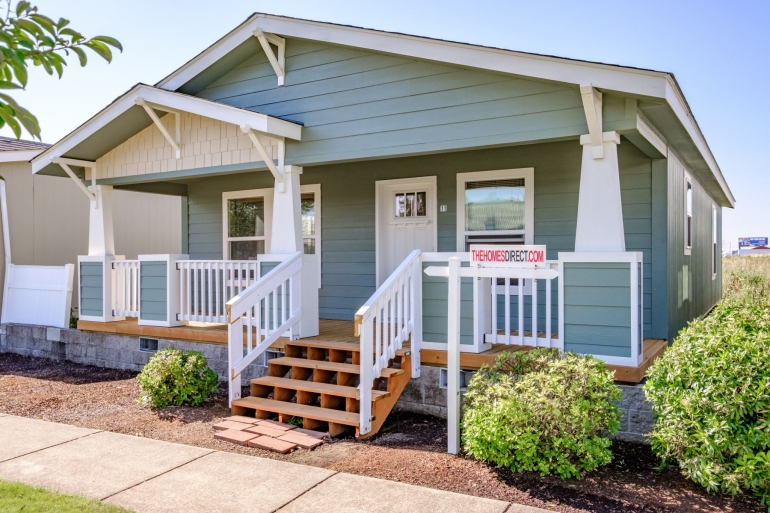Introduction: The Appeal and Potential of Mobile Home Renovation
Mobile homes, also known as manufactured homes, offer a unique housing option for individuals seeking affordability, flexibility, and mobility. While these homes come with their own set of advantages, they often require renovation and improvement to meet the needs and preferences of homeowners. However, before embarking on a renovation project, it is crucial to understand the various expenses involved. From structural upgrades to aesthetic enhancements, this article explores the costs associated with renovating a mobile home, providing insights and considerations for homeowners looking to transform their living spaces.

Assessing the Scope: Determining Renovation Goals and Priorities
Before diving into a mobile home renovation project, homeowners must first assess the scope of work and determine their renovation goals and priorities. This involves evaluating the condition of the home, identifying areas in need of improvement, and envisioning the desired outcome. Whether the focus is on enhancing functionality, updating aesthetics, or increasing energy efficiency, clarifying renovation goals will help homeowners prioritize tasks and allocate resources effectively.
Structural Upgrades: Addressing Foundation, Roofing, and Flooring
Structural upgrades are among the most critical aspects of mobile home renovation, as they ensure the integrity and safety of the home. This may include reinforcing the foundation to mitigate issues such as settling or shifting, replacing or repairing the roofing to prevent leaks and water damage, and upgrading flooring to improve durability and insulation. While these upgrades may represent a significant portion of the renovation budget, they are essential for ensuring the long-term viability and stability of the home.
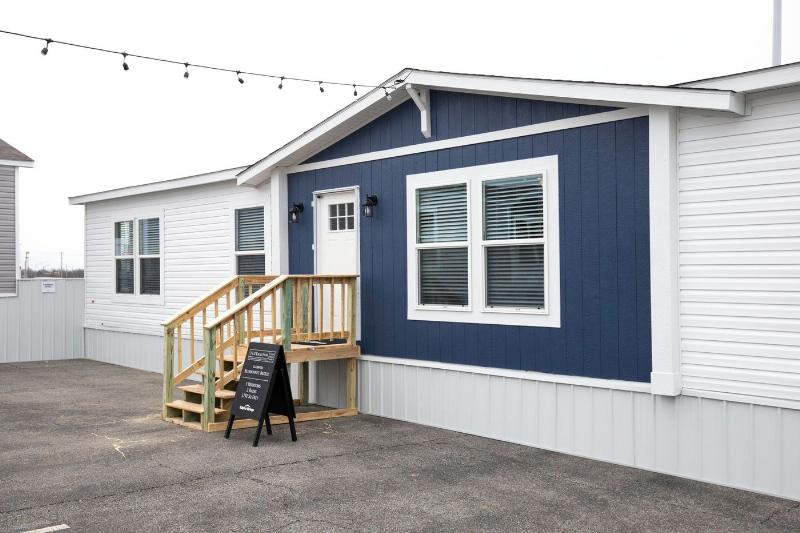
Utilities and Systems: Updating Plumbing, Electrical, and HVAC
Updating utilities and systems is another essential aspect of mobile home renovation, particularly for older homes with outdated or inefficient infrastructure. This may involve replacing plumbing fixtures and pipes to prevent leaks and improve water efficiency, upgrading electrical wiring and outlets to meet modern safety standards, and installing or upgrading heating, ventilation, and air conditioning (HVAC) systems for improved comfort and energy efficiency. While these upgrades may require a substantial investment upfront, they can result in long-term cost savings and improved quality of life for homeowners.
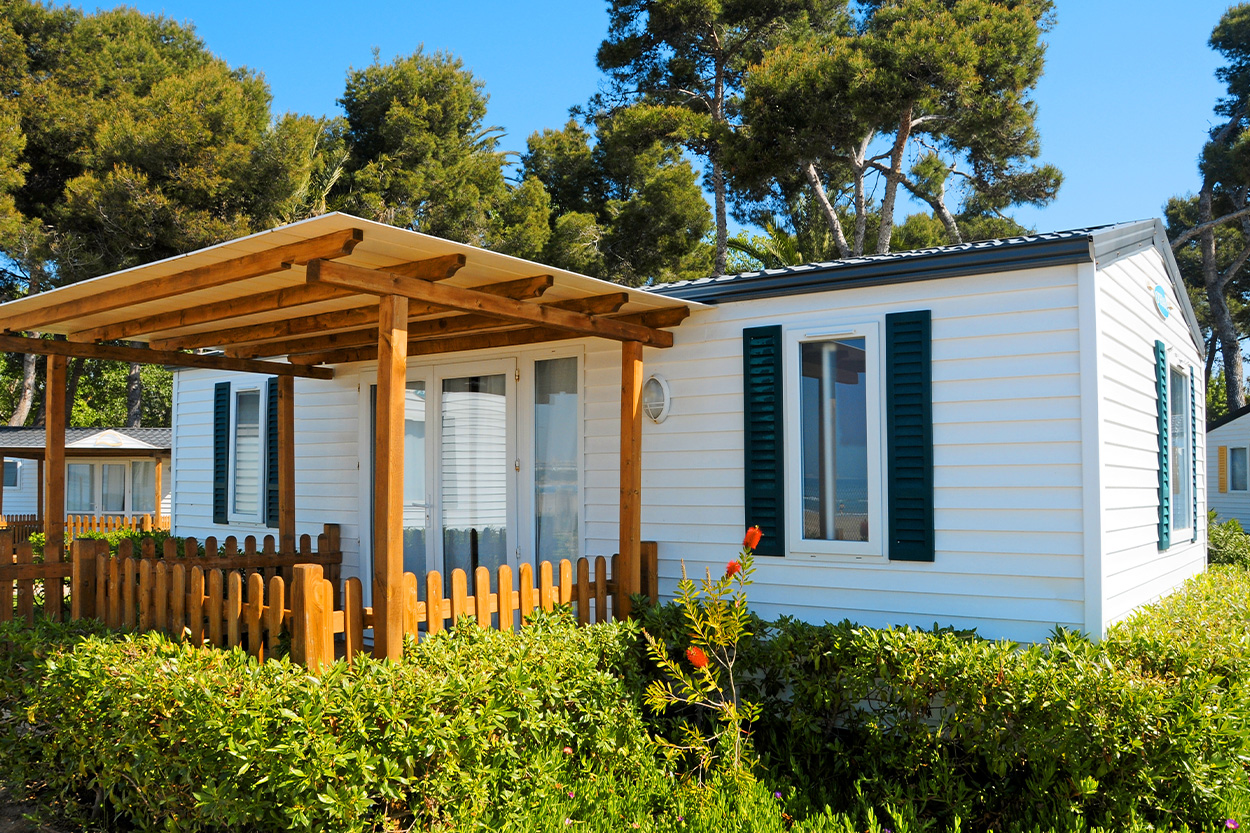
Interior Renovations: Enhancing Comfort and Aesthetics
Interior renovations focus on enhancing the comfort, functionality, and aesthetics of the living space. This may include updating kitchen and bathroom fixtures and appliances, installing new flooring, cabinetry, and countertops, replacing outdated lighting fixtures, and painting or wallpapering walls to refresh the overall look and feel of the home. While interior renovations can significantly improve the livability and appeal of a mobile home, homeowners should carefully budget for materials, labor, and other expenses to avoid overspending.
Exterior Improvements: Enhancing Curb Appeal and Durability
Exterior improvements are essential for enhancing curb appeal, protecting the home from the elements, and increasing its resale value. This may involve repairing or replacing siding, windows, and doors to improve energy efficiency and durability, updating landscaping and outdoor living spaces to create a welcoming environment, and adding features such as decks, porches, or awnings to extend usable space and enhance outdoor enjoyment. While exterior improvements may require a substantial investment, they can significantly enhance the overall appearance and functionality of a mobile home.
Before undertaking any renovation project, homeowners must ensure compliance with local building codes, zoning regulations, and permitting requirements. This may involve obtaining permits for structural alterations, electrical and plumbing work, and other modifications, as well as adhering to specific guidelines for mobile home communities or parks. While navigating regulatory requirements may add to the overall cost and timeline of a renovation project, it is essential for ensuring safety, legality, and peace of mind for homeowners.
Budgeting and Financing: Planning for Renovation Expenses
Budgeting and financing are crucial aspects of mobile home renovation, as they dictate the feasibility and success of the project. Homeowners should carefully assess their financial situation, establish a realistic renovation budget, and explore financing options such as personal loans, home equity loans, or lines of credit to cover renovation expenses. Additionally, homeowners should factor in contingency funds for unexpected costs or delays that may arise during the renovation process. By planning ahead and budgeting effectively, homeowners can minimize financial stress and ensure a successful outcome for their renovation project.
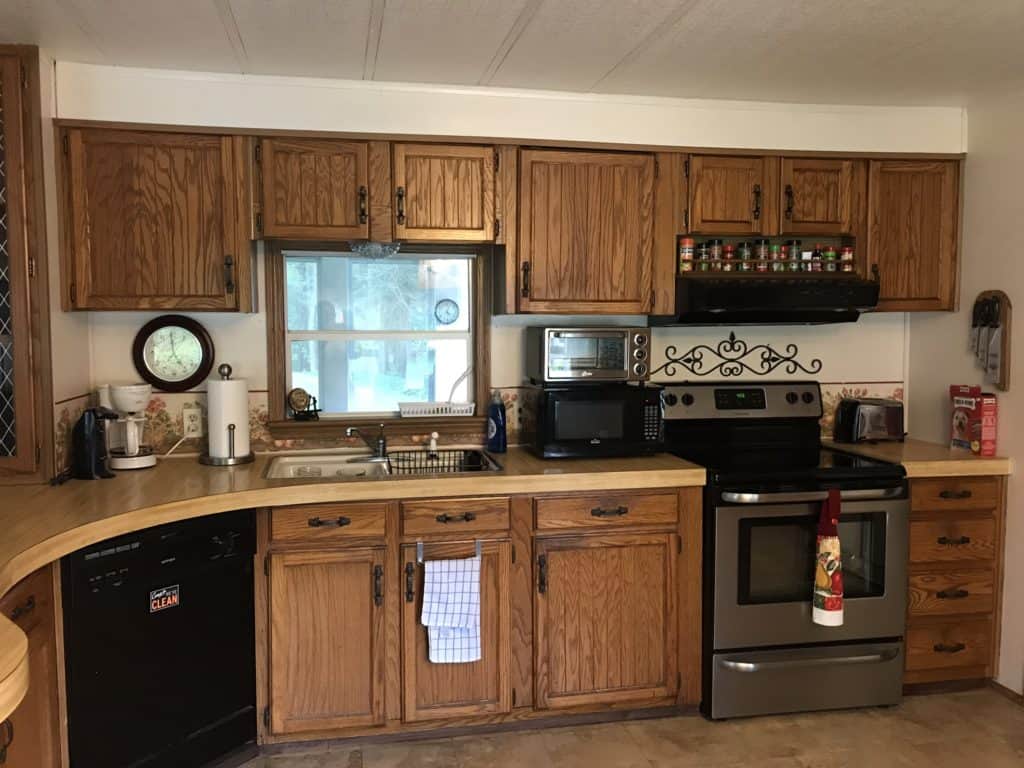
Time Considerations: Balancing Renovation Timeline and Budget
In addition to budgetary concerns, homeowners must also consider the time required to complete a mobile home renovation. DIY projects may take longer to finish due to limited availability, skill level, and the need to juggle other responsibilities. Conversely, professional contractors can expedite the renovation process but may come at a higher cost. When planning a renovation, homeowners should carefully balance their renovation timeline with their budgetary constraints, weighing the trade-offs between time and money to achieve the desired outcome within a reasonable timeframe.
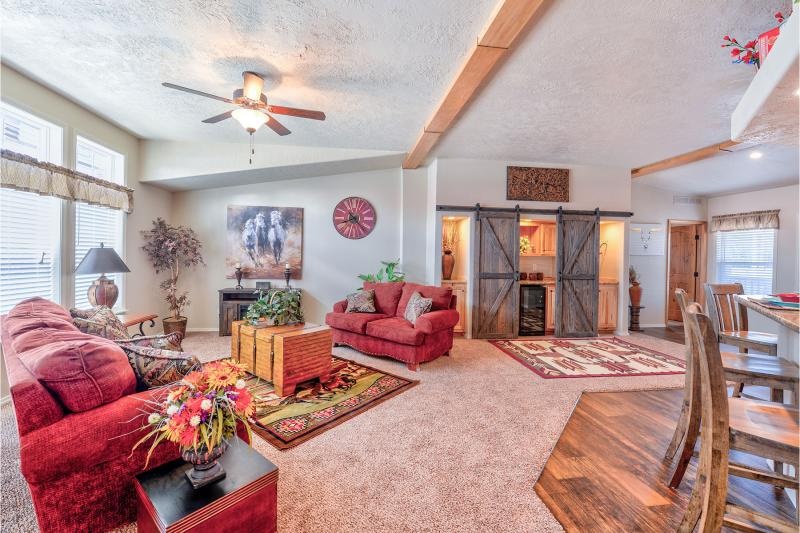
Value Added: Assessing the Return on Investment
Mobile home renovation represents a significant investment of time, money, and effort, but can also yield substantial returns in terms of increased property value, improved livability, and enhanced resale potential. By focusing on renovations that offer the highest return on investment, such as kitchen and bathroom upgrades, energy-efficient improvements, and curb appeal enhancements, homeowners can maximize the value of their investment and enjoy long-term financial benefits. Additionally, strategic renovations can make a mobile home more attractive to potential buyers, increasing its marketability and resale value in the future.
Community Considerations: Respecting Mobile Home Park Regulations
For homeowners residing in mobile home parks or communities, it is essential to consider park regulations and restrictions when planning a renovation. Some parks may have specific guidelines regarding exterior modifications, structural alterations, or landscaping, which must be followed to avoid penalties or conflicts with park management. Before undertaking any renovation project, homeowners should review park rules and regulations, obtain necessary approvals or permits, and ensure compliance with park standards to maintain good standing within the community. By respecting park regulations, homeowners can enjoy the benefits of their renovation while fostering positive relationships with neighbors and park management.
Conclusion: Investing in the Future of Your Mobile Home
In conclusion, mobile home renovation offers homeowners the opportunity to transform their living spaces and enhance their quality of life. However, it is essential to understand the various expenses involved and plan accordingly to ensure a successful outcome. From structural upgrades to interior renovations, exterior improvements, and permitting and compliance, there are numerous factors to consider when budgeting for a renovation project. By assessing the scope of work, setting realistic goals, and budgeting effectively, homeowners can invest in the future of their mobile homes and create a space that reflects their lifestyle, preferences, and values.
